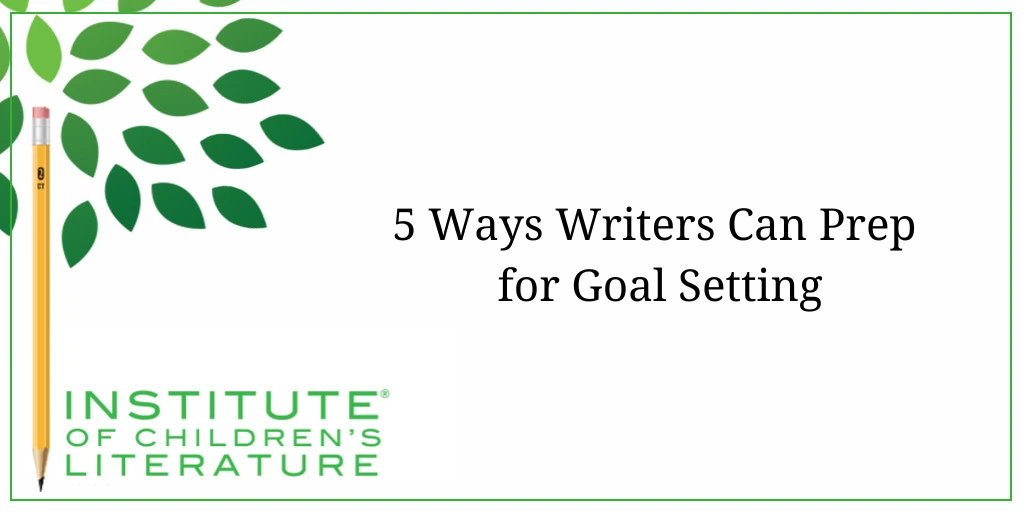
5 Ways Writers Can Prep for 2025 Goal Setting
Before we roll on to the new writing year, let’s harness our optimism for the blank slate before us and prepare for our 2025 Goal Setting just for writers.
With over 100 published books and magazine articles, Jan delivers first-hand knowledge on how to sharpen, submit, and market your writing. Jan’s articles explore inevitable writing struggles and offers tireless strategies and techniques to support you in reaching your writing goals.
Our blog has moved, read up-to-date blogs on our new website: writingforchildren.com/writing-for-children-blog/

Before we roll on to the new writing year, let’s harness our optimism for the blank slate before us and prepare for our 2025 Goal Setting just for writers.
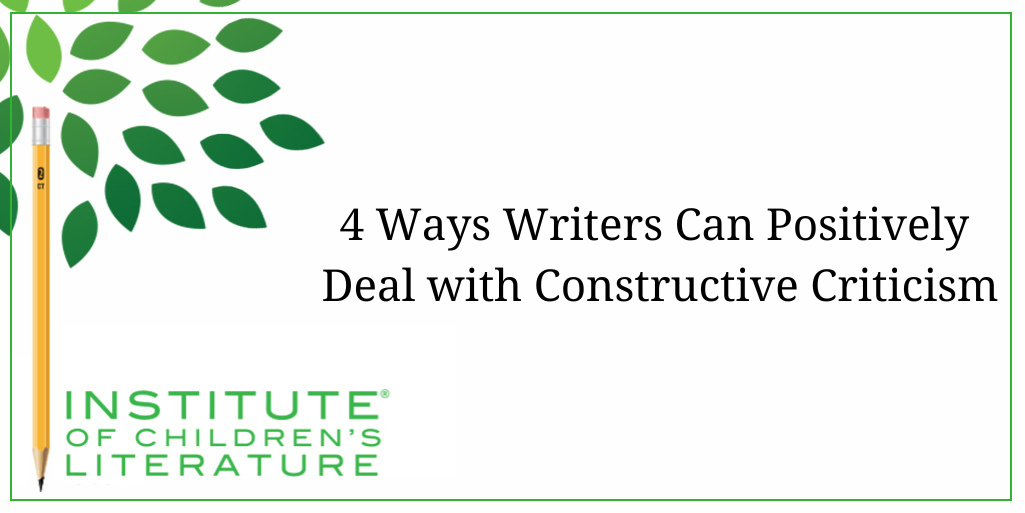
Writers can be thin-skinned when it comes to getting feedback on their work. Let’s look at 4 ways to positively deal with constructive criticism!
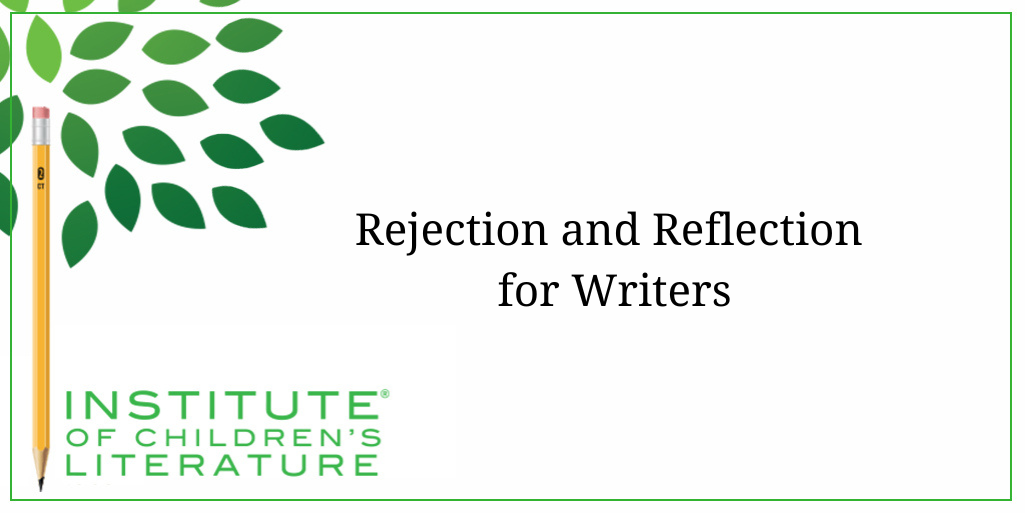
Rejection is part of the territory when it comes to being a writer. Today we offer reflection for writers to help redirect your efforts after a rejection.
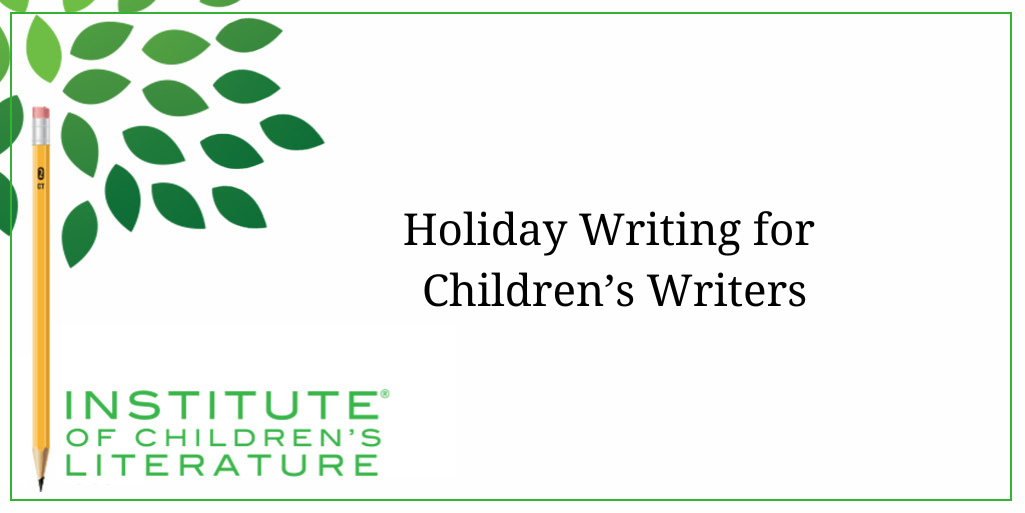
Holiday time is here! Now is a great time for holiday writing. Today we look at writing and selling holiday stories and articles and the best time to sell them.
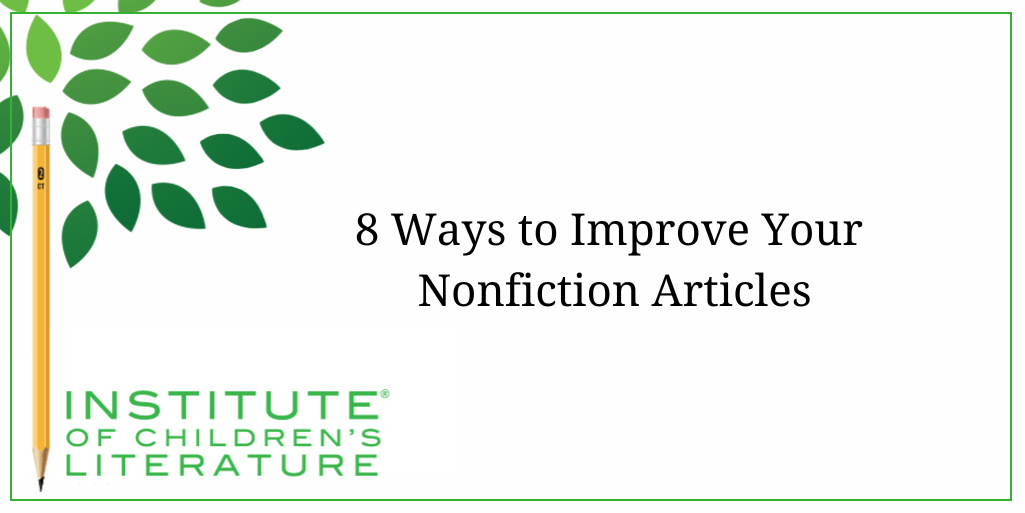
Publishers know that young people are hungry for good nonfiction. Let’s look at eight ways you can spruce up your nonfiction article writing.
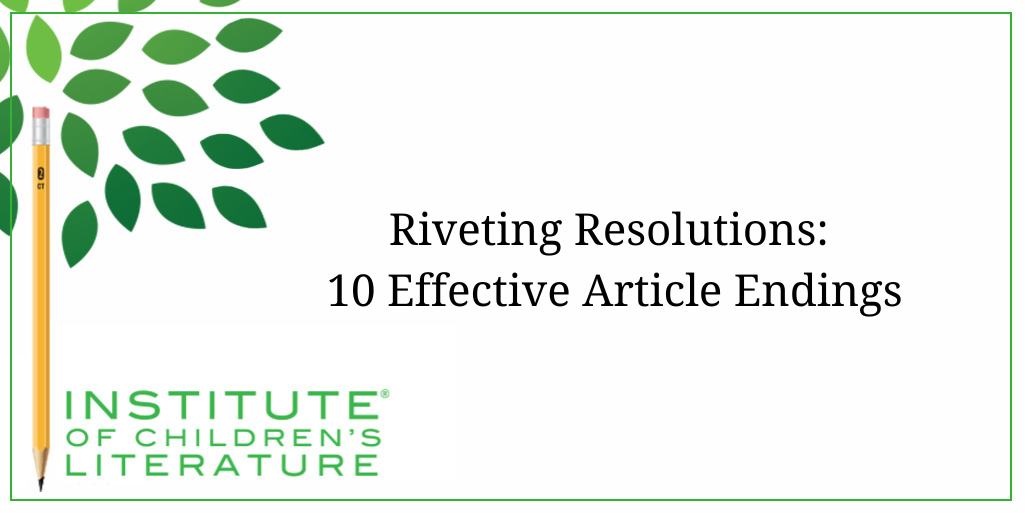
Writing an effective nonfiction article ending is one of the most overlooked aspects of writing. Leave your reader satisfied with these riveting resolutions!
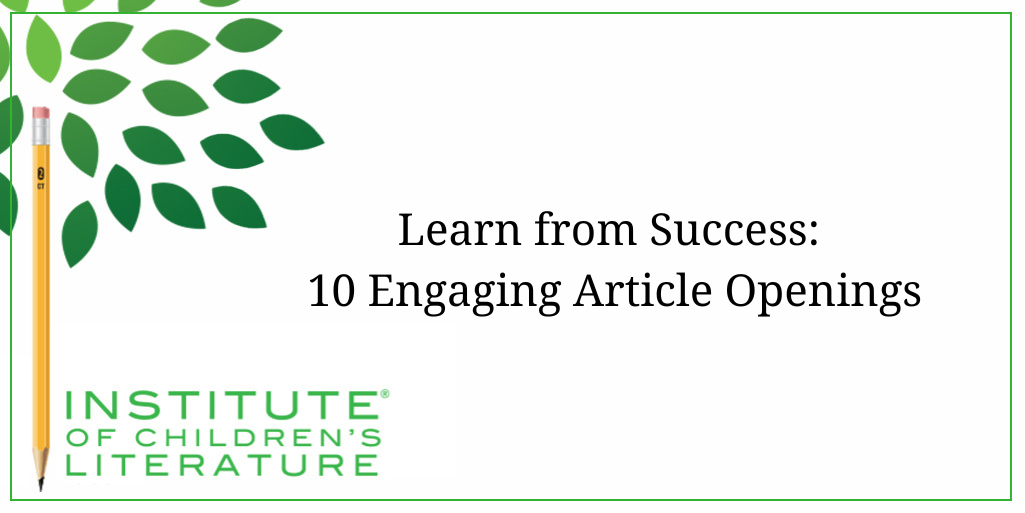
One of the best ways to learn what makes an engaging article opening is to study published nonfiction pieces and to see what made them successful. Let’s do it!
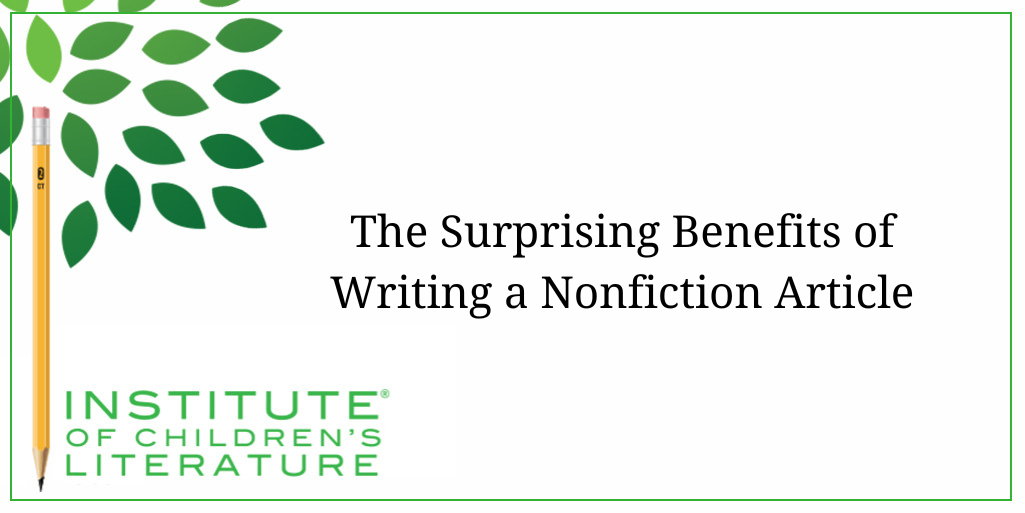
Writing a nonfiction article isn’t easy. However, it may be easier and quicker than writing and selling a picture book and the benefits may surprise you!
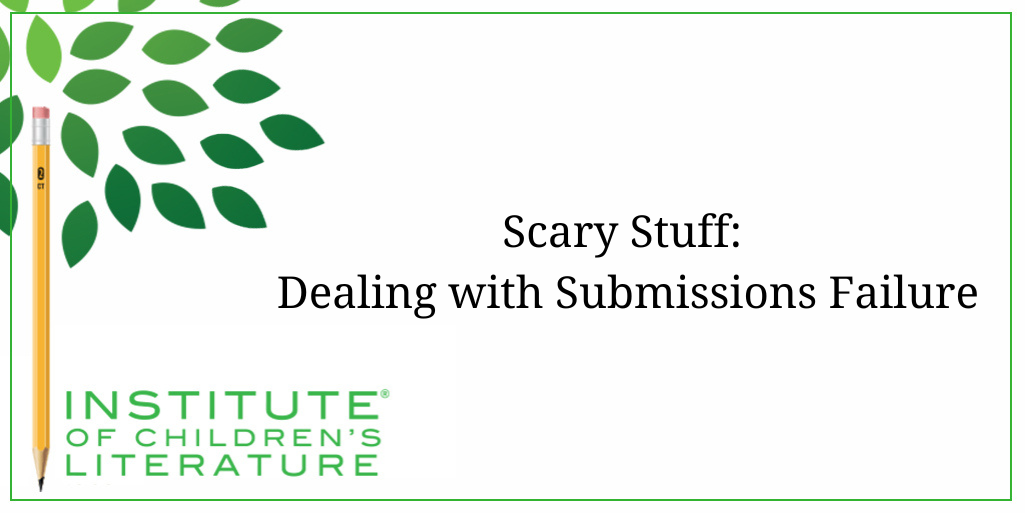
Sometimes submissions don’t pay off. Some ideas don’t work like you intend and sometimes they are outright rejected. Here’s how to deal with submission failure.
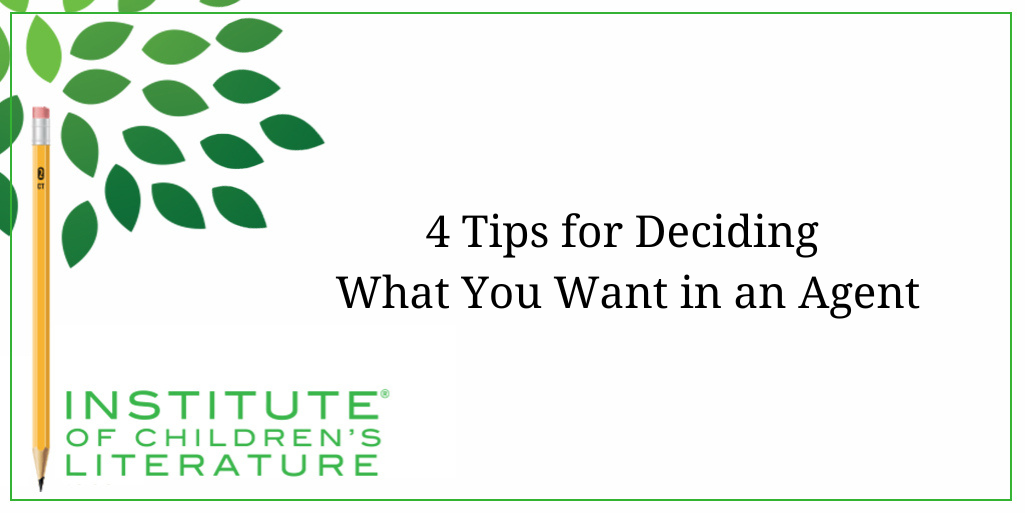
While agents perform similar functions, not all agents function the same. Here’s what to consider when looking for an agent who’s right for you.
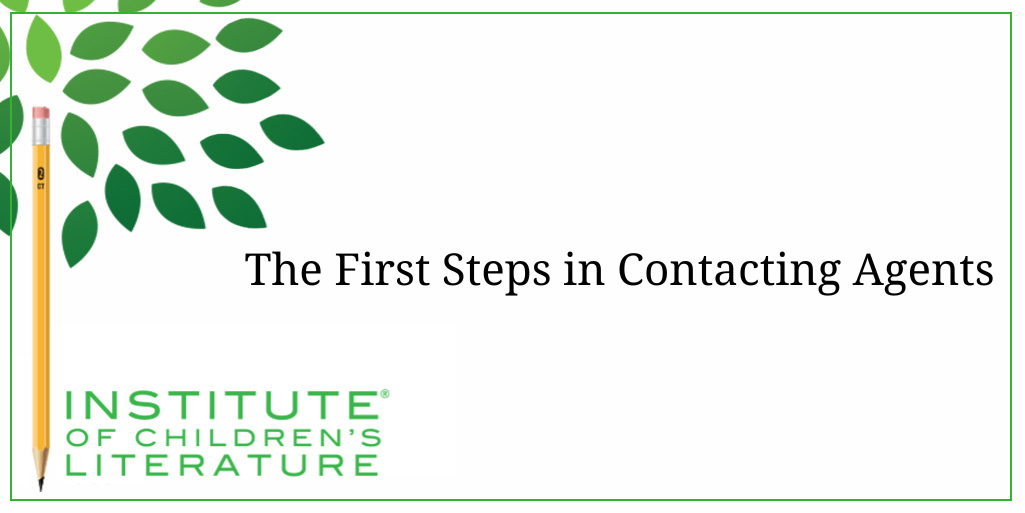
You’ve written a book and now you want a literary agent. Now, the research begins. Get tips for finding the right agent for your work and avoiding scammers.
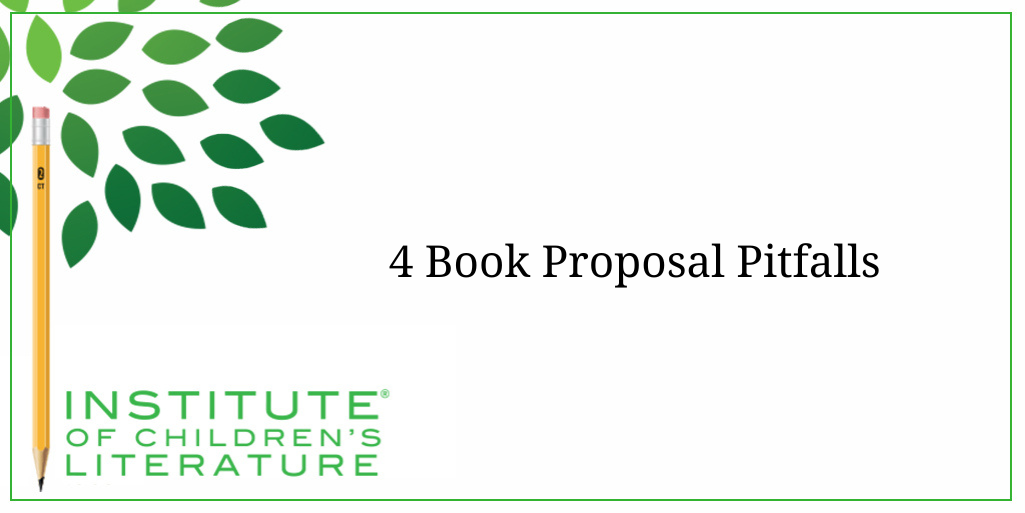
Creating a fiction or nonfiction book proposal can seem daunting. Let’s look at what editors and agents want from a proposal and 4 things NOT want to do.
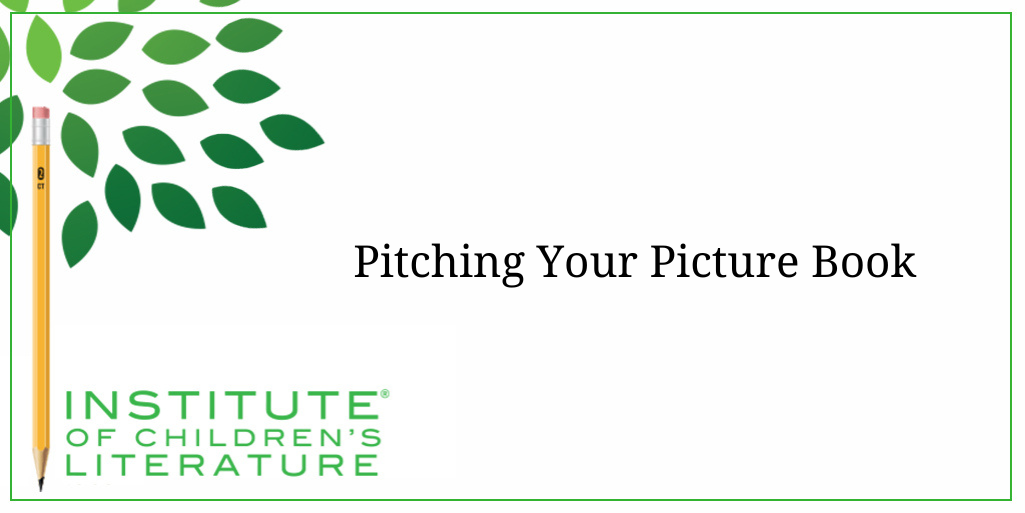
Submissions in today’s market often involve new elements of pitching your picture books from social media to comp titles. Here’s how to make them work for you.
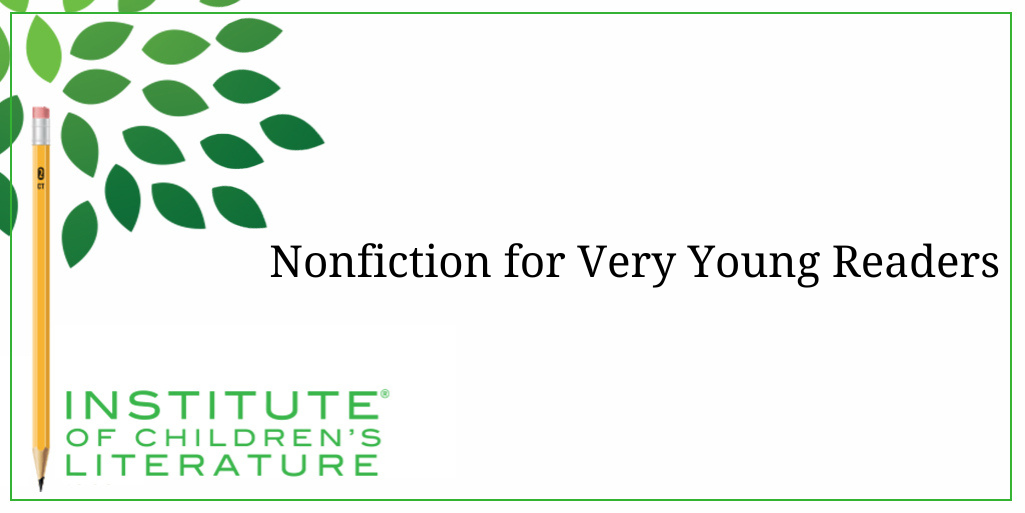
Writing nonfiction for very young children requires specific things but with a narrow focus, few words, and kid-friendly topics, you can break into this market.
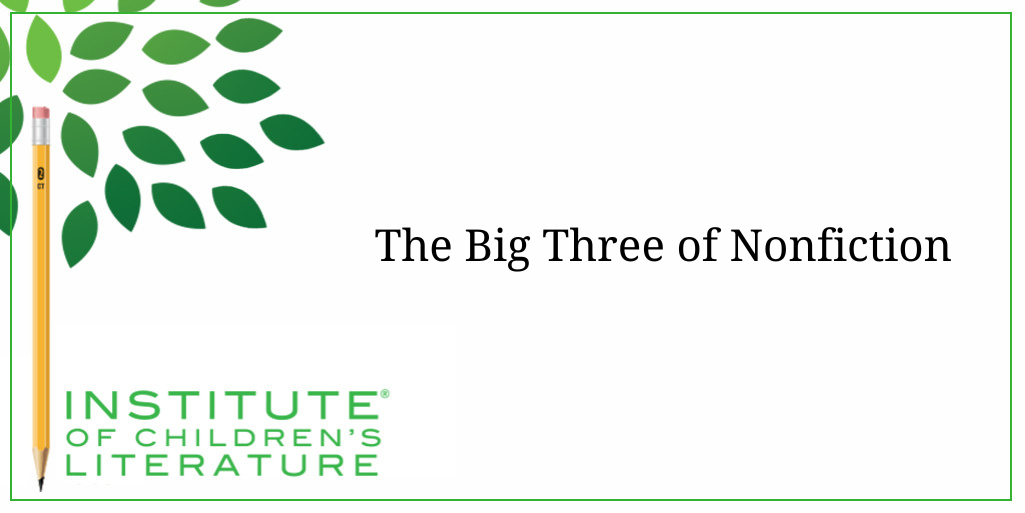
The three essentials for any publishable children’s nonfiction are accuracy, clarity, and organization. Let’s look at these tips for success in nonfiction.
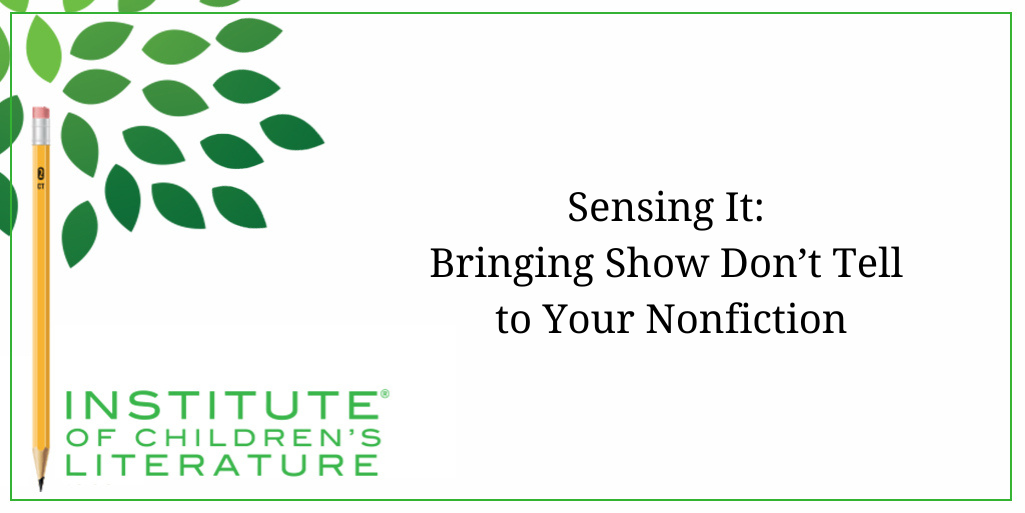
What does show don’t tell mean when it comes to nonfiction? Jan Fields shares examples of using sensory details to bring true stories to life for the readers.
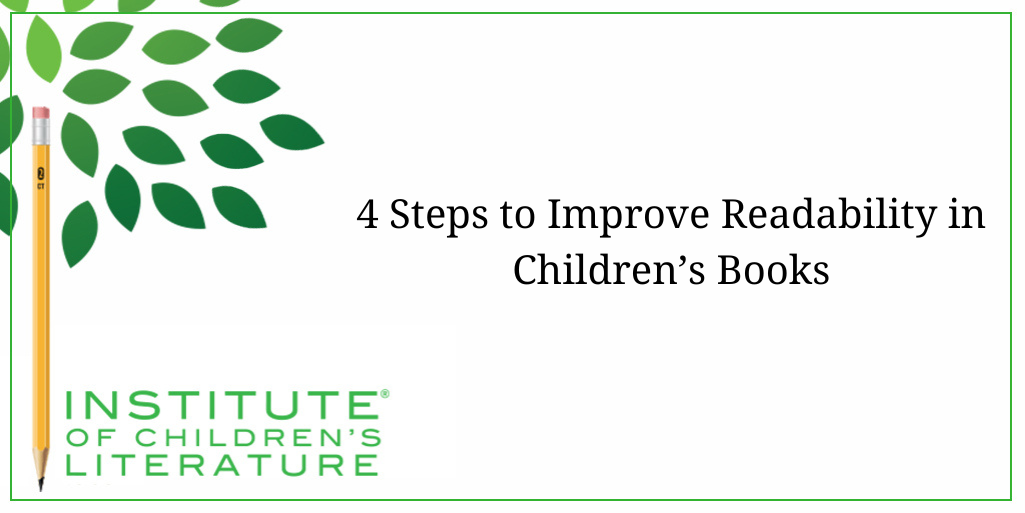
Part of writing children’s books that can be used in a school setting lies in meeting the needs of the reader. Here are 4 steps to improve readability.
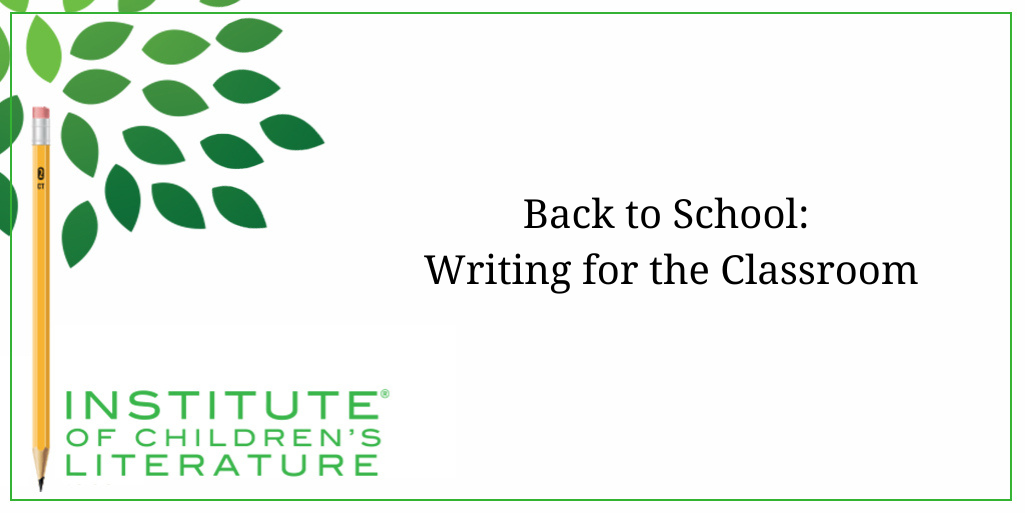
Schools are crammed full of reading material. Who is doing all that writing for the classroom? What’s different about the educational market? Let’s find out.
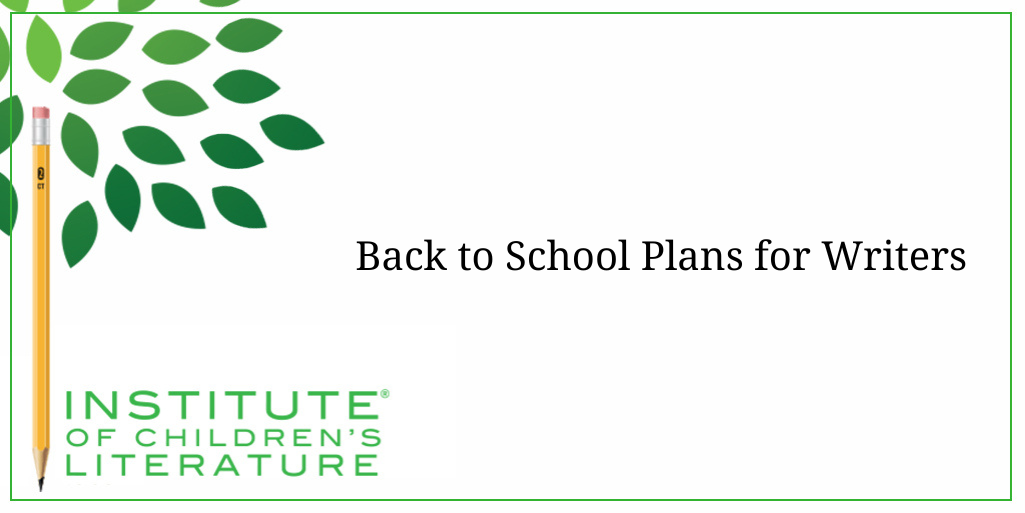
Are you feeling the back-to-school itch? Make this season work for you as a writer! Jan Fields shares ways to get reinvigorated in your writing this fall.
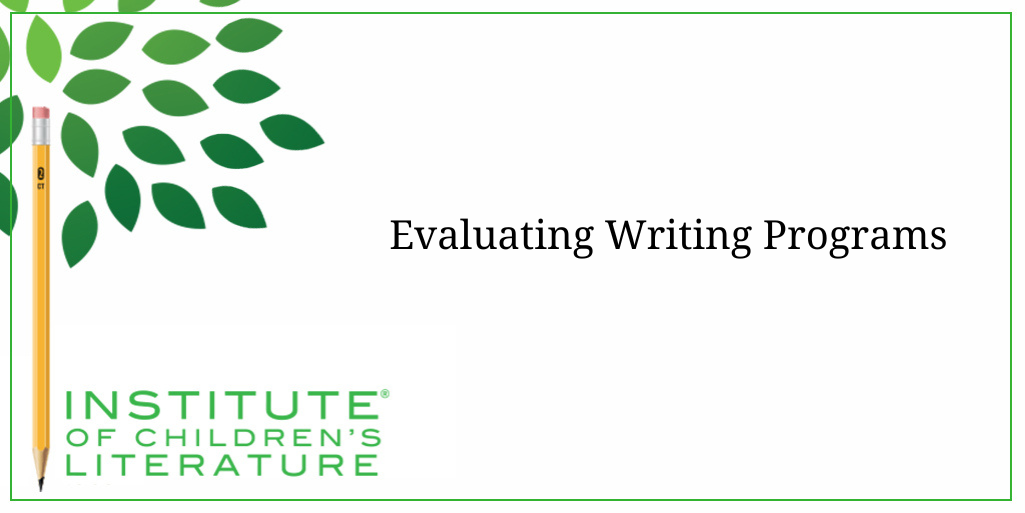
How do you evaluate a critique program or a writing program and decide if it’s worth your time and your money? The answer is research. Check out these tips!
1000 N. West Street #1200, Wilmington, DE 19801
© 2024 Direct Learning Systems, Inc. All rights reserved.
1000 N. West Street #1200, Wilmington, DE 19801
© 2025 Direct Learning Systems, Inc. All rights reserved.
1000 N. West Street #1200, Wilmington, DE 19801
©2025 Direct Learning Systems, Inc. All rights reserved. Privacy Policy.